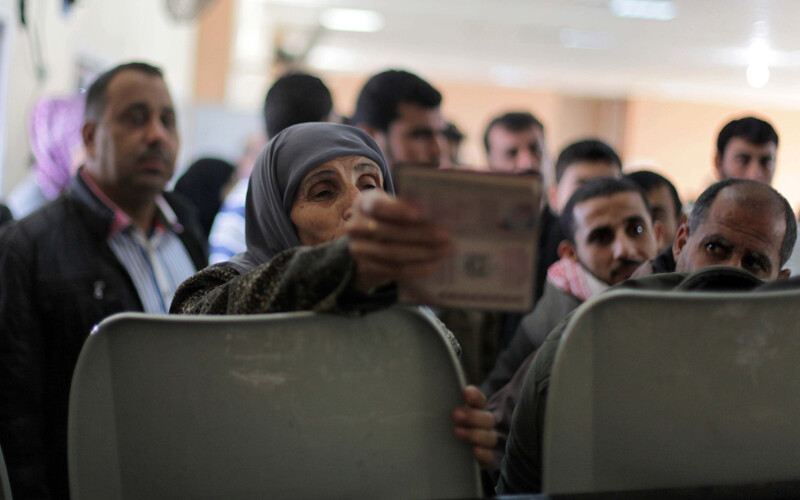The Electronic Intifada Gaza Strip 17 December 2013

Gaza’s Rafah crossing with Egypt has been closed more often than open in recent months.
APA imagesIn early November, I received an unexpected call.
“Hi, is this Mr. Rami Almeghari?” the man on the other end asked. “Yes, Sir, how can I help you?” I replied.
I was excited by what the man said next. He told me that I was being invited to attend an international health conference in Qatar scheduled for 9 December. It felt good to realize that people knew of my work outside the besieged Gaza Strip.
But my spirits sank when I later started writing an email message to the conference’s organizers. As the Rafah crossing between Gaza and Egypt was closed, my chances of being able to travel to Qatar appeared slim. Rafah is the only exit point for nearly all of Gaza’s inhabitants.
In my message, I stated that I would be very happy to accept the invitation but explained that I might not be able to attend because of the Rafah situation.
Afterwards, I went to a local registration office here in Gaza, with the intention of making a reservation to travel in December. A man in charge there told me that the office couldn’t register new passengers as a huge number of people were already waiting to travel through Rafah. These people would have to be facilitated before fresh registrations could be made.
Singled out
On 8 December, the Egyptian authorities decided to reopen the Rafah crossing terminal for three days.
Yet the following day, I heard that the Egyptian side closed the terminal after one bus load of people was allowed to cross. The Egyptians claimed that the computer system at the crossing broke down. The crossing has frequently been closed on similar pretexts recently.
The problems at Rafah have been acute since the coup which ousted Muhammad Morsi as Egypt’s president in early July.
Whenever the crossing has opened over the past few months, it has been for short periods. Usually, between 300 and 500 people are allowed to cross. Among the thousands affected are patients requiring medical treatment abroad, students with places in foreign universities, and people with permits to live and work in neighboring Arab countries.
Gaza appears to have been singled out in a discriminatory manner. Egypt has kept other crossings open, including one at its boundary with present-day Israel in the Sinai. This is despite the fact that there have been attacks on Egyptian soldiers in the peninsula lately and other forms of unrest.
I’ve sent another message to the organizers of the Qatar conference, telling them I am with them in spirit. That is all I can do now that my right to travel — and that of so many others in Gaza — has been denied.
When will this inhuman siege imposed on us by Israel and Egypt end? When will we be allowed to lead normal lives?
Rami Almeghari is a journalist and university lecturer based in the Gaza Strip.





